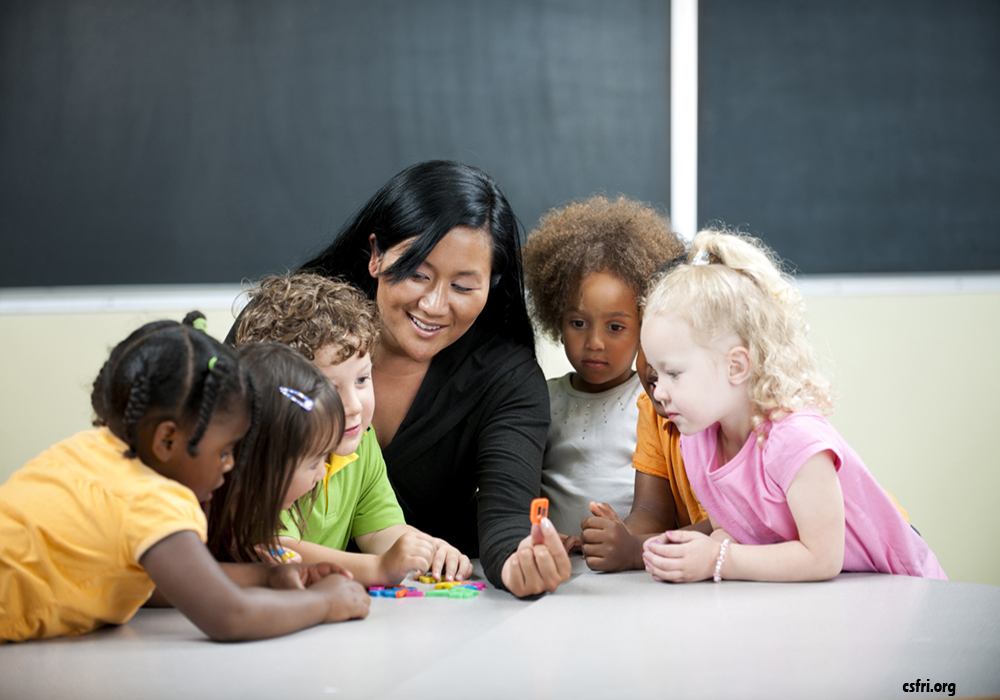
New Educational Digital Studying Tools Will Sense Student Boredom as well as other Emotions
Nicely, it is been a long time due to the fact I was in school, but I can tell you one thing I was bored out of my thoughts in elementary college, junior high, high college, and it wasn’t until college that I seriously felt challenged, most likely since I was taking 33 credits in one semester. In reality, I can bear in mind telling some of my classmates that I think that our school system was nothing at all greater than a prison for little ones, and later I likened it to a daycare center for operating couples’ youngsters – I sort of still believe that. Okay so, let’s talk about this for a moment. Particularly, I’d like to address the challenge of student boredom.
Now then, as the class sizes get bigger, our education system will rely far more on computerized teaching to tackle the challenges and economies …
New Educational Digital Studying Tools Will Sense Student Boredom as well as other Emotions Read More




